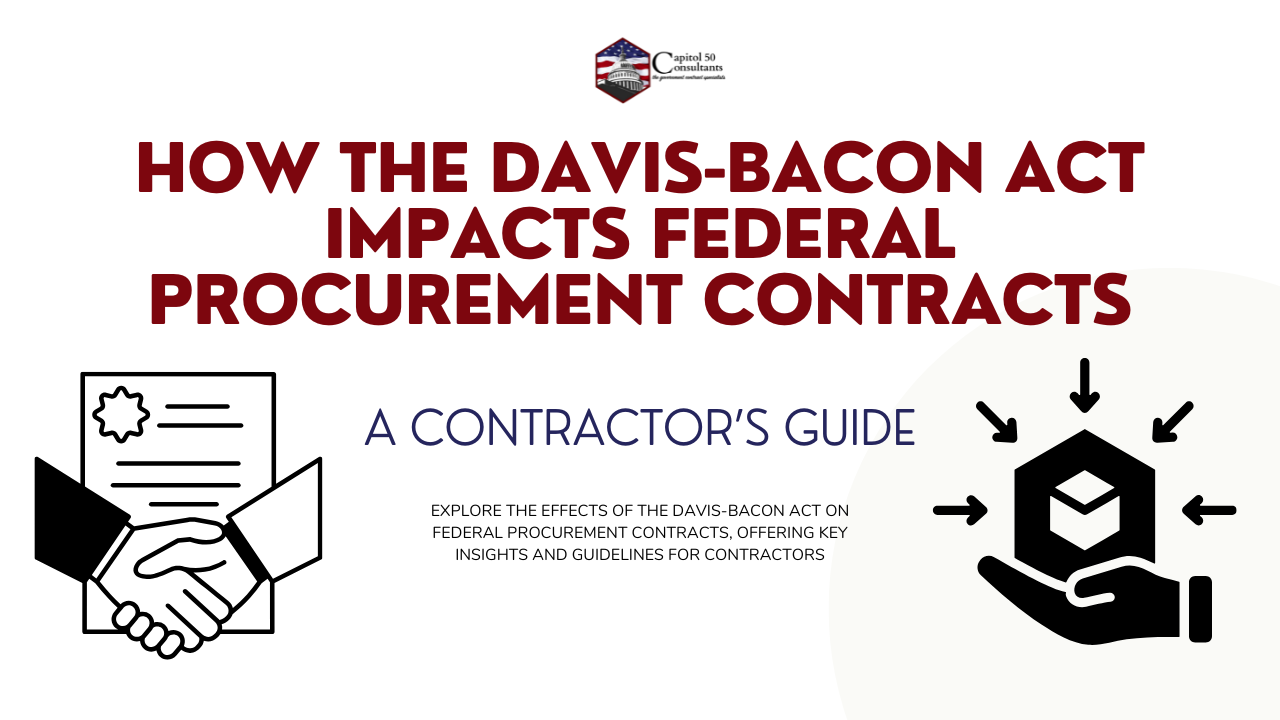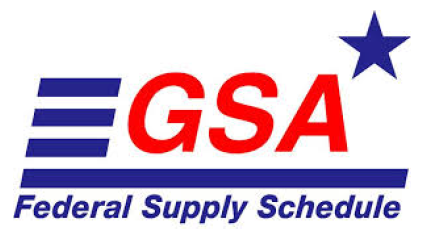Are hidden costs tied to the Davis-Bacon Act eating into your federal contracts? The Davis-Bacon Act, a cornerstone of federal procurement, establishes a framework to ensure fair wages for workers on federally funded construction projects. Understanding its intricacies can save contractors both time and money by avoiding compliance pitfalls.
What Is the Davis-Bacon Act?
Historical Background
The Davis-Bacon Act was enacted in 1931 to curb underbidding and protect local wage standards. Its primary objective was to create a fair competitive environment while ensuring laborers and mechanics received prevailing wages for their work on public projects.
Key Provisions of the Act
- Contractors and subcontractors must pay prevailing wages to all laborers and mechanics employed under federally funded construction, alteration, or repair projects valued over $2,000.
- Prevailing wages are determined by the Department of Labor and vary based on the type of work and geographic location.
Why Does the Davis-Bacon Act Matter to Federal Contractors?
Ensuring Competitive Bidding
The Davis-Bacon Act levels the playing field by mandating wage standards, preventing undercutting among contractors.
Avoiding Penalties and Delays
Non-compliance with the Davis-Bacon Act can lead to severe consequences, including:
- Hefty fines
- Contract termination
- Debarment from future federal projects
Reputation and Trust
Adhering to wage determinations and recordkeeping requirements enhances your credibility with contracting agencies, helping to secure future opportunities.
Key Challenges Contractors Face Under the Davis-Bacon Act
Understanding Wage Determinations
Determining the correct prevailing wages for different job classifications and locations is often complex and time-consuming.
Administrative Burden
Complying with detailed reporting and payroll documentation requirements can overwhelm contractors without proper systems in place.
Misclassification of Workers
Errors in classifying workers can lead to non-compliance penalties. For example, incorrectly categorizing a journeyman as an apprentice could result in wage violations.
How to Ensure Davis-Bacon Compliance
Conducting Regular Payroll Audits
Perform periodic reviews of payroll records to ensure wages align with prevailing wage requirements.
Leveraging Technology
Utilize compliance software to simplify wage determinations, payroll reporting, and recordkeeping.
Partnering with Experts
Work with compliance professionals who specialize in federal contracts to mitigate risks and streamline processes.
Recent Updates and Changes to the Davis-Bacon Act
The Davis-Bacon Act continues to evolve, with recent updates focusing on wage determinations and labor classifications. Staying informed about these changes is crucial for maintaining compliance and avoiding penalties.
How Davis-Bacon Impacts Subcontractors and the Supply Chain
Prime Contractor Accountability
Prime contractors are responsible for ensuring their subcontractors comply with Davis-Bacon requirements, adding another layer of oversight.
Avoiding Liability Issues
Subcontractor violations can result in penalties for the prime contractor, emphasizing the importance of proper vetting and monitoring.
FAQs About the Davis-Bacon Act
- What types of contracts does the Davis-Bacon Act cover?
The Act applies to federal construction, alteration, and repair projects exceeding $2,000. - How are prevailing wages determined?
The Department of Labor conducts surveys to establish wage rates for specific job classifications and locations. - Who is exempt from the Davis-Bacon Act?
Certain contracts, such as those under $2,000, and specific laborers like volunteers, may be exempt. - What are the penalties for non-compliance?
Penalties include fines, project delays, debarment, and reputational damage. - Can small businesses comply without significant overhead?
Yes, leveraging technology and consulting experts can minimize compliance costs.
Get a Free Consultation to Navigate Davis-Bacon Compliance
Discover how a free consultation can transform your approach to Davis-Bacon compliance. Get personalized insights tailored to your specific contracts, uncover strategies to minimize administrative burden, and learn actionable steps to avoid costly penalties. Take the first step towards compliance clarity and secure your competitive edge.
Don’t wait until non-compliance becomes an issue. Book your free consultation today and gain peace of mind for your federal contracts. A free consultation offers contractors personalized insights into:
- How Davis-Bacon affects your contracts
- Strategies for reducing administrative overhead
- Steps to avoid costly non-compliance issues
Book your free consultation today to ensure compliance and protect your federal contracts.
Conclusion
Understanding the Davis-Bacon Act is critical for contractors working on federally funded projects. Compliance ensures competitive bidding, avoids penalties, and builds trust with federal agencies. Take advantage of our free consultation to uncover how the Davis-Bacon Act impacts your contracts and secure your success in federal procurement.
Visit us for more information here.




